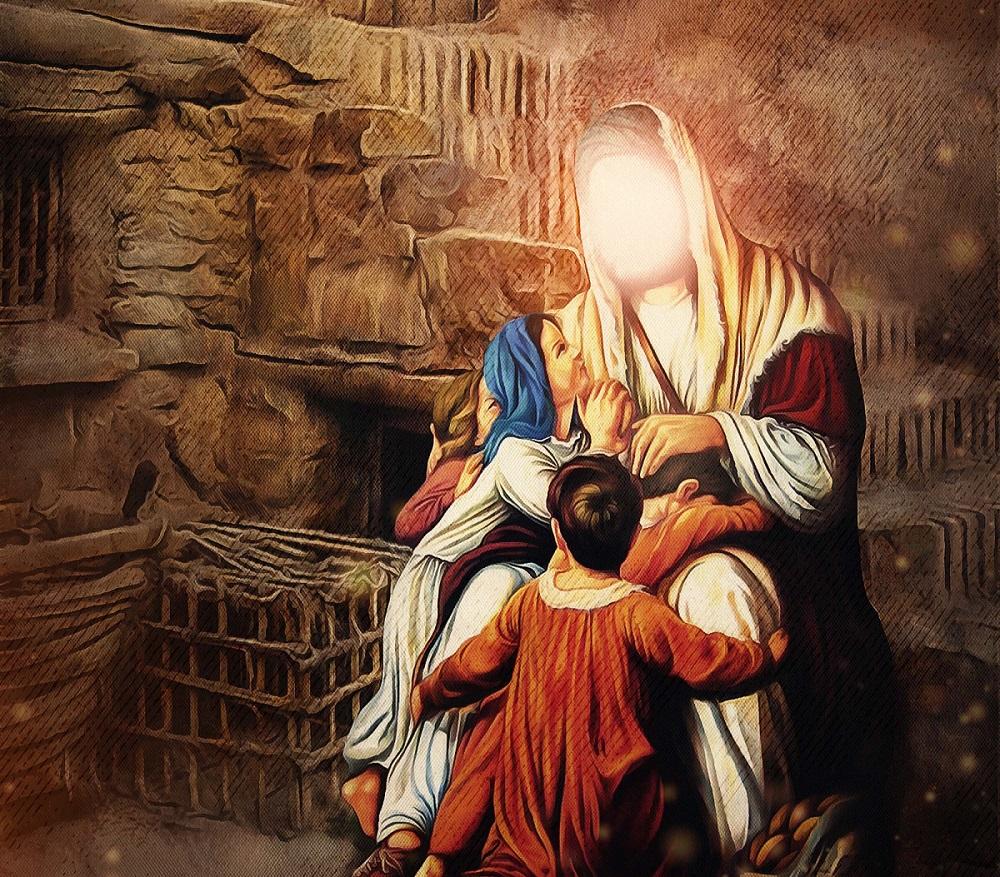The Greatness of Nahj al-Balagha and the Words of Imam Ali from the Perspective of Modern Christian Figures 1
Abstract. After the words of the Holy Quran and Prophet Muhammad’s tradition, the words of
Abstract. After the words of the Holy Quran and Prophet Muhammad’s tradition, the words of
Imam Ali have in their own right bestowed upon mankind the finest and the most valuable social,
political, and religious wisdom. Ever since a millennium when Sharif ar-Razi compiled Nahj al-
Balagha using his unique and meticulous selection of Imam Ali’s speeches, letters, aphorisms, this
invaluable book has deeply influenced many figures and luminaries among both Shia and Sunni
Muslims and non-Muslims, all of whom have embraced and appraised it. In this article, the
researchers look into the remarks of twenty one non-Muslim figures on the worth and merits of
Nahj al-Balagha. Most of these Christian figures are contemporary Arab poets and thinkers: such
individuals as Khalil Farahat, Rocks Bin Zayed Al Uzaizi, Joseph Hashim, and Nasri Salhab to
name just a few; however, some orientalists and western thinkers are worth mentioning such as
Nursisian and Henry Corbin.
Introduction.
The personality of Imam Ali had long oriented the studies, writing, analysis, and comments of
various groups of scholars and thinkers. Meanwhile, everyone in proportion to their scientific and
specialty have paid attention to parts of the personal traits and characteristics of this great Imam.
Besides Muslims, especially Shiites, other faiths and religions have not been deprived of this hidden
treasure, and everyone has tried to bring out gems from the depths of this boundless sea of
knowledge and power, in order to benefit themselves and others from such divine blessings.
According to Hafezian Baboli:
Nahj al-Balagha is an encyclopedia of Islamic culture, and after the words of the holy
Quran and Prophet Muhammad’s tradition, it is considered the widest recognized and
accredited Islamic resource of such unique religious value, originating from divine
essence as learnt by Imam Ali, and as such it is a unique rosary from which divine
revelation’s perfume and the sweet breeze of Prophet Muhammad’s speeches can be
intuited and perceived. This marvelous book includes exalted philosophies, luminous
sermons, codes of divine conduct, a cultural-system, a grand plan for just government,
and ideal-yet practical-guidelines for a historical and mystical practice [1, p. 11].
Moreover, the late Imam Khomeini has well stated that:
Man shall be honored to have Nahj al-Balagha after the holy Quran as the most
important material and spiritual life guide and beacon, such a great script securing
human deliverance and emancipation, endowed with such spiritual teachings and
government guiding principles comprising the greatest means to human salvation, all
which truly comes from an immaculate Imam.” [2, p. 7]
One of the best methods to achieve acquaintance with the different features and characteristics
of this noble book is contemplation in the resonating remarks of scientific and literary grandees and
dignitaries especially when these luminaries belong to other religions and cultures:
It is better to know about the mysteries of the sweetheart from the words’ of others. (Rumi)
In the following, we will study the judgments and viewpoints of some non-Muslim thinkers
and scholars from both Arab-Christian thinkers and scholars to orientalists on Nahj al-Balagha and
Imam Ali’s thoughts.
The Supporting Figures.
Khalil Farahat. Khalil Farahat is a Lebanese scholar, poet, and writer. His works include
From the Deeps, New Studies in Literature, and African Odes. [3, p. 331]. Farahat has composed a
beautiful epic on Imam Ali called In Ali’s Altar testifying to the fact that Ali is a pioneer and leader
in various sciences. Here, he states that scholars and thinkers are inspired by Imam Ali as a rich
sources to their knowledge. Farahat has likened these scholars to little birds who quench their thirst
at the fountain and spring of Imam Ali’s knowledge and wisdom: “Their knowledge relies on your spring of wisdom, / No bird’s beak can dry out this eternal-water” [4, p. 78]. Farahat has also
introduced Imam Ali’s words as a cutting blade which never goes blunt just like his sharp and
cutting sword, Zolfeghar by saying: “Your words are like the sword whose blade never goes blunt, /
They are as sharp and cutting as the mighty Zolfeghar” [4, p. 100]. Farahat thinks of Nahj al-
Balagha and the Holy Quran as “Two brothers who shall never part, in such correlation that makes the Holy Quran the source of all eloquence in his poetic expression” [4, p. 107]. Thus, though a
Christian, without any prejudice, Farahat apparently announces that Nahj al-Balagha contains all the
subject matter and education of the Bible: “In Nahj al-Balagha you may find the whole Bible, / It is
such a wonderful spring of divine inspiration.” [4, p. 108]





